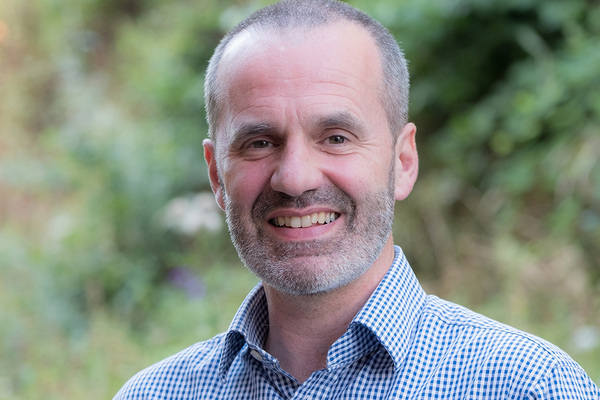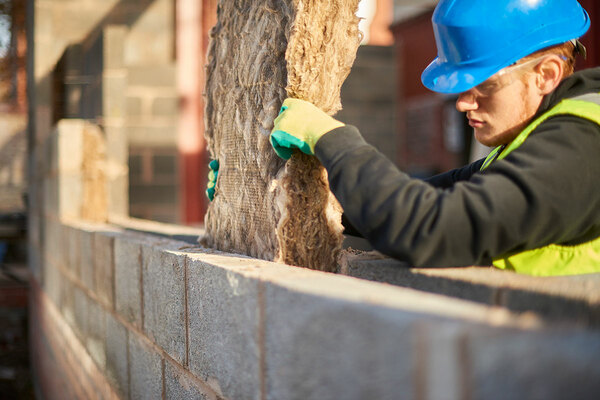You are viewing 1 of your 1 free articles
Social landlords’ role could be forever changed by pandemic, report finds
The COVID-19 pandemic may forever change the way housing associations interact with communities and build new homes, a new report by PlaceShapers and HACT has found.

Called Places After the Pandemic, the report provides examples of how housing associations have been “going above and beyond what might typically be considered the role of a housing provider”.
For example, it shows that in the first three months of lockdown, a sample of 42 PlaceShapers members made 300,500 welfare calls, gave advice and guidance to 57,000 people and organised 50,000 food deliveries.
Based on interviews, focus groups and data covering more than 100 organisations, the report showed that organisations who did not operate in one concentrated geographical area found the period more difficult as support had to be delivered at a hyper-local level.
As a result, the report said there has been a shift within housing associations towards decentralising staff as organisations question whether the most efficient way to deliver services is in a central location.
The report makes a series of recommendations including exploring a new approach to value for money as priorities change and making sure new homes are suitable for future work and life patterns.
Matthew Walker, chair of PlaceShapers, said: “The crisis has reinforced our sense of place and the value we place on our homes and neighbourhoods. A decent, affordable home meant living in comfort during lockdown. It meant space to work from home and home school.
“The support social landlords offered became a lifeline for many in frightening, isolated times. Up and down the country we heard stories of the difference landlords made and how they worked together in the places they work.
“This report explores the lessons we’ve learned so far from the COVID-19 pandemic, including how local our view of place is and the importance of building strong, trusting partnerships in places.”
Andrew van Doorn, chief executive of HACT, said: “As community anchors, housing associations are in a unique position. We work in place for the long term. We have the capacity to affect the recovery and reset of communities across the UK now and in the future.”
“There are significant risks ahead of us that we will need to navigate. By working in collaboration, by evaluating and learning from our experience, by being bold in our choices, we will be able to accelerate change, maximise our resources and achieve greater impact as place-based organisations.”










